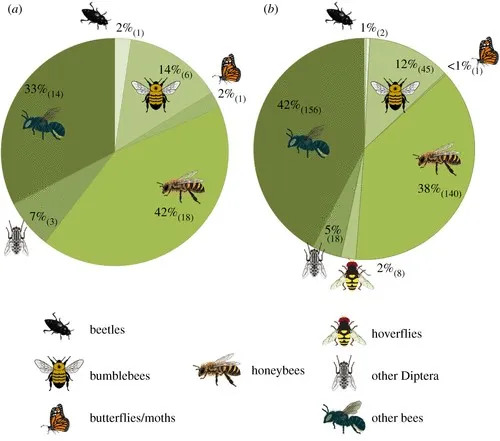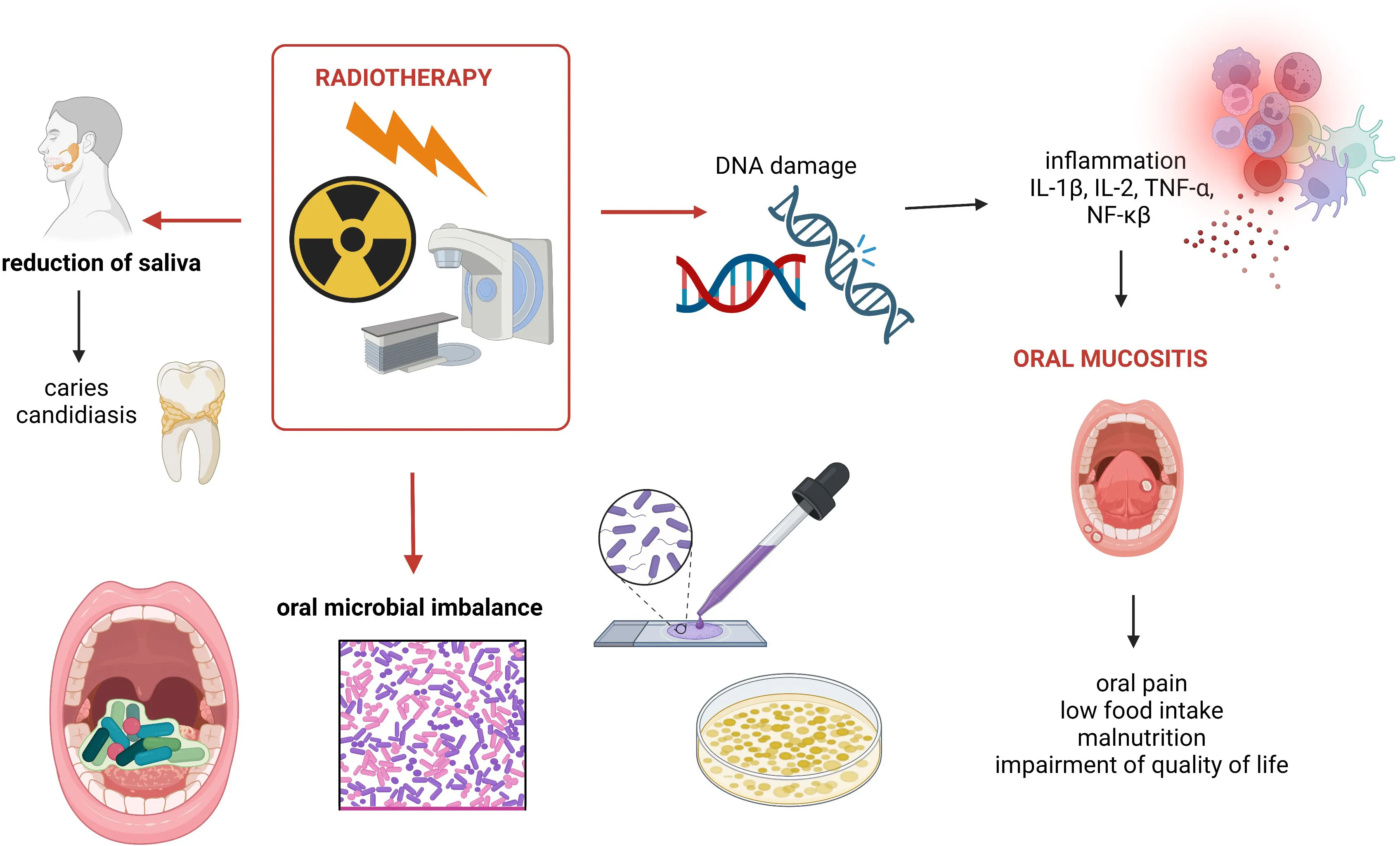اتجاهات
Anti-Cancer Therapy Options in Pediatric Patients, Prevalence of Oral Mucositis, and Treatment Strategies in Saudi Arabia: A Cross-Sectional Survey
Biometrics System and its Uses in Forensic Science
Preventive Measures to Prevent the Abuse of Mydrapid and Plegica eye Drops as Narcotics in Palestine
This article
seeks to delve into the question of transnational diseases and the ways in
which they spread around the world. In choosing COVID-19 as an aspect of
transnational disease research, I aim to approach the topic from an
Arab-Islamic historical context. As such, I see that transnational diseases
form an important aspect of discussion, especially during the boom of Arab
medicine. My aim is to primarily disconnect estrangement with approaches
imported from historical contexts different than ours and employ them to
analyze many issues. This made many researchers try to deal with this pandemic
in a superficial way, for most of them proceeded to employ western visions such
as post-Coronavirus, which refers directly to foreign addresses such as "postmodernity.
Returning to
Arab-Islamic history is considered a challenge and a choice dictated by the
crisis of the social sciences, especially sociology. It gives the impression
that we are living in a cognitive excommunication and practicing obscuring our
history by employing Western visions and approaches in the study of social
phenomena in our societies.
العلامات:
شارك هذا المنشور:

Abdul Rahim Enabi
specialist in rural sociology and developmentProfessor of Higher Education, specialist in rural sociology and development, Mohammed V University, Rabat, Kingdom of Morocco








